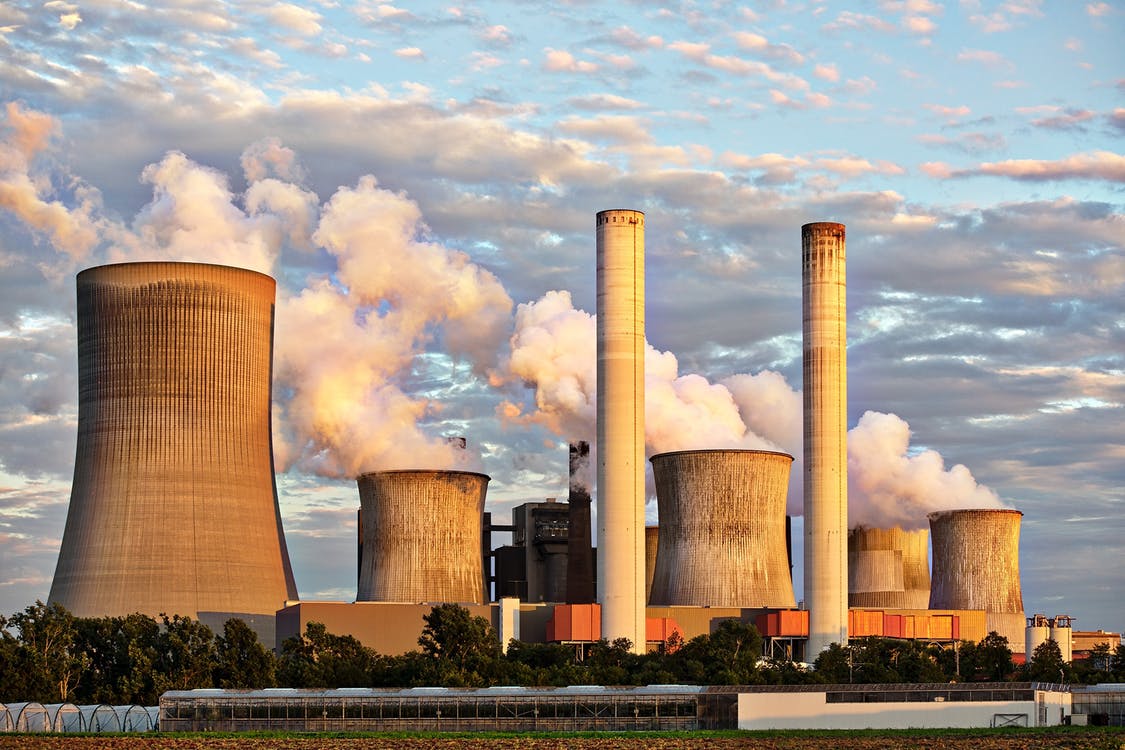The UK has had something of a rocky relationship with new nuclear in the past few years, but developments in January 2019 pushed it firmly into ‘it’s complicated’ territory, and sent the country scrambling for alternatives.
Horizon Nuclear Power, the Hitachi division response for the development of a new nuclear power station at Wylfa in Wales, ended months of speculation in January by confirming that it had indeed suspended the project’s development. Falling just short of scrapping the programme altogether, Duncan Hawthorne, chief executive at Horizon, squared the decision solely at its difficulty in identifying financial partners.
“As a result we will be suspending the development of the Wylfa Newydd project, as well as work related to Oldbury [the company’s other site in Gloucestershire], until a solution can be found. In the meantime we will take steps to reduce our presence but keep the option to resume development in future,” Hawthorne said.

It was a decision which, according to Emma Pinchbeck, chief executive at Renewable UK, risked “blowing a hole” in the government’s carbon reduction targets.
Of course, it’s not the only time there’s been a sense of fallout from new nuclear plans in the UK. The oft-derided Hinckley Point C saga has proven so controversial that the project can barely be mentioned in passing without attracting significant ire. Even the UK government’s own spending watchdog, the National Audit Office, slammed its approach to pushing the plant over the line.
And, at £92.50 per megawatt hour (plus inflation, which sends the 2019 strike price to £99.87) you can perhaps understand why. That’s the strike price the government agreed to when negotiating with EDF Energy over the 3.2GW plant which commenced construction last year. Hinkley Point C is indeed a landmark project, as it’s one of the most expensive baseload energy generation projects on the planet.
As the cost of intermittent renewables and battery storage technologies continue to fall, it’s entirely within reason that questions are starting to be asked. And, now, it’s the UK government asking them as well.
Read more: Solar Power Portal


